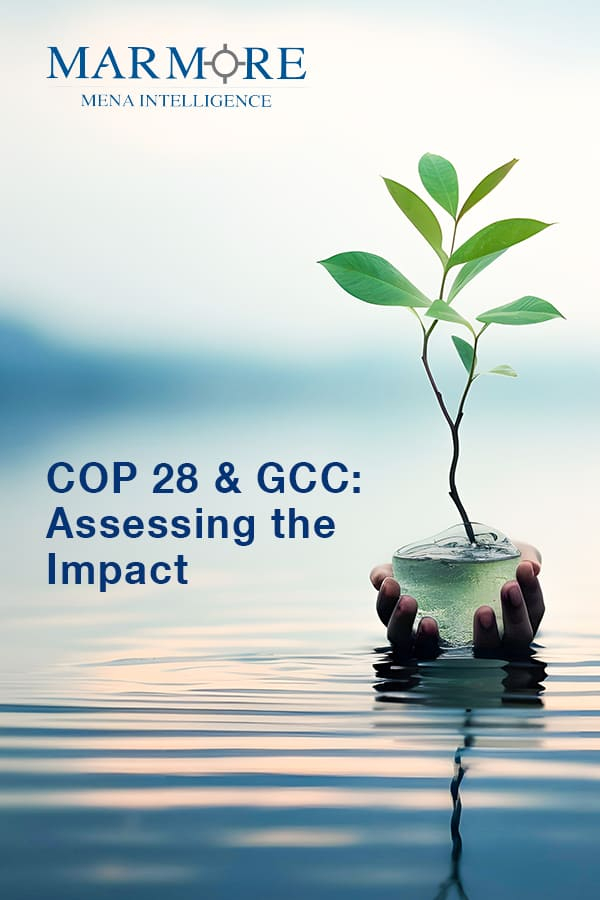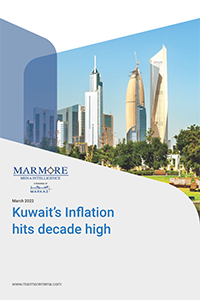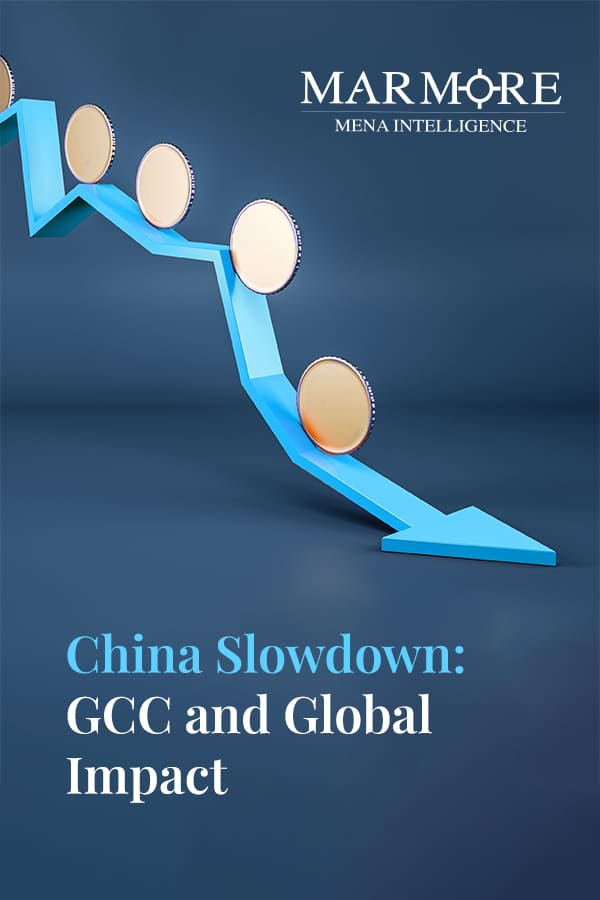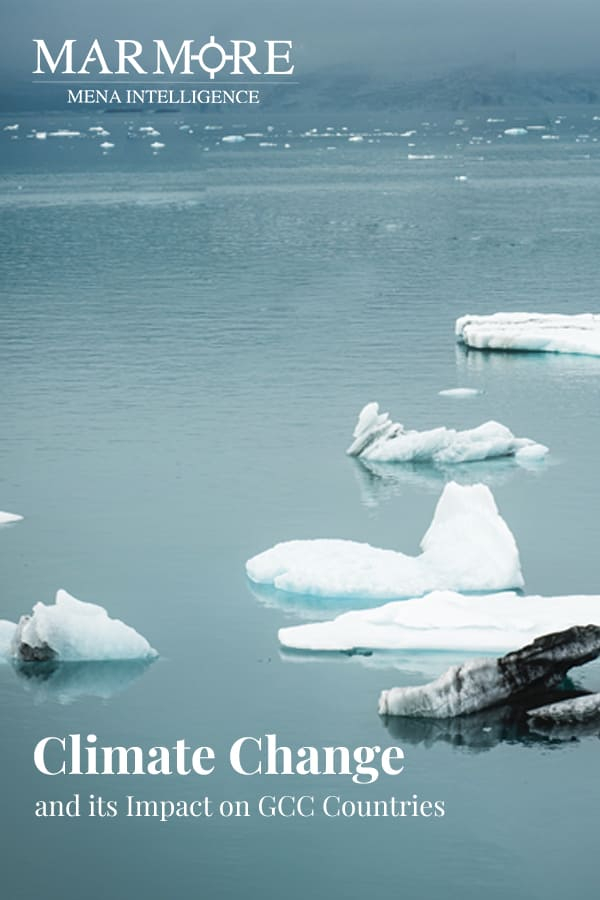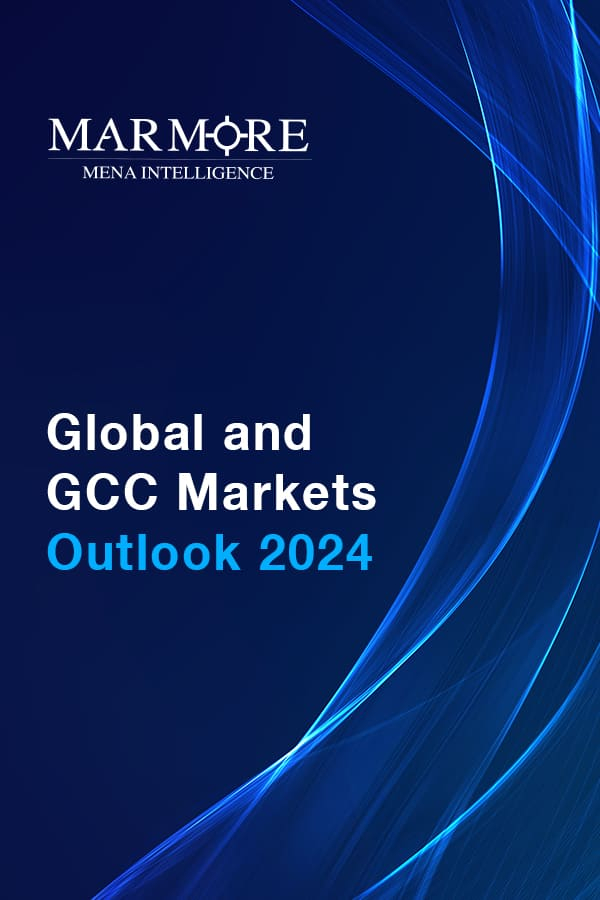Executive Summary
Concerns about the credibility of the UAE as the host for COP28 due to its status as a major oil producer have been raised. Despite these concerns, hosting such a significant international event in Dubai holds strategic importance for the UAE as well as the GCC nations. They offer GCC a platform for international cooperation and diplomacy. Given the importance of fossil fuels for GCC to meet growing energy demands, their role in revenue generation and in turn in non-oil economic diversification, phasing them out is a challenge.
Given the vulnerable nature of Gulf countries to climate change and recognizing the economic dependence on fossil fuels, the COP-28 agreement to "shift away from fossil fuels" marks a historic compromise. In recognition of this, GCC countries are strategically diversifying their energy sources, embarking on large-scale renewable projects. Each country has its unique initiatives and goals to shift towards cleaner and more sustainable energy sources. The ongoing renewable projects need accelerated completion to alleviate the pressures on oil and gas supplies and financial resources tied to domestic consumption.
The outcomes of COP28 will significantly shape how GCC nations respond to climate change, defining their role as key players in global environmental efforts. As the aftermath of COP28 unfolds, the GCC faces a critical decision, balancing economic growth and ecological responsibility.
